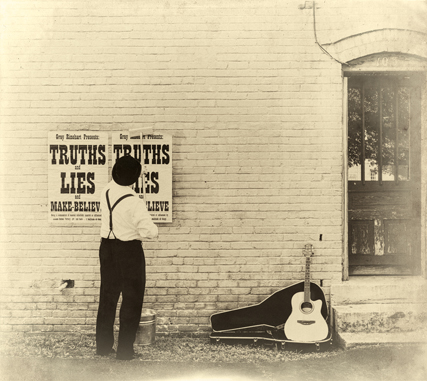Last year, on the 10th anniversary of the 9/11 attack, I noted that I was supposed to be in the Pentagon that day, but was delayed.

(Heritage Print of the 119th Fighter Wing’s mission over the Pentagon on 9/11. North Dakota National Guard image.)
Today I will finally ask a question that has bothered me ever since we found out the attacks were carried out by Islamists: where are the peace-loving adherents of the “religion of peace” who publicly distance themselves from their own lunatic fringe?
I believe that most Christians have no problem rejecting the off-the-wall pronouncements of our own extremists who clothe their prejudice, hate, and pseudo-righteous indignation in obscure verses or who twist what the Scriptures say. I, for one, state categorically that none of them speak for me, my faith, or the God in whom I believe.*
Where, then, are the Muslims willing to do the same with respect to their faith’s extremists? What Muslims stand up against the Wahhabists or Salafists — two names for the same ultra-conservative faction from Saudi Arabia — and reject the hate-filled fatwas, or tell the sharia-loving imams and priests and mullahs that they’re full of it? I don’t know of any. Why is that?
One reason is probably fear. The Wahhabists and their ilk — who also call themselves Muwahhidun, i.e., “Unitarians” or “unifiers of Islamic practice” — are known to take their own twisted law into their own bloody hands. They scream and scheme for the blood of artists over books and cartoons, of women over failure to clothe themselves in deathlike shrouds, and of anyone who dares to proclaim that Mohammed is not their prophet.
As noted at www.globalsecurity.org, the “reformer” Abd Al-Wahhab’s
instructions in the matter of extending his religious teaching by force were strict. All unbelievers (i.e. Moslems who did not accept his teaching, as well as Christians, &c.) were to be put to death.
So, some Muslims who disagree with the Wahhabist interpretations of the Koran, etc., likely do not speak out because of fear — in much the same way that Catholics who disagreed with the Inquisition did not speak out because of fear. One key difference, of course, is that the Catholic Church at the time was the voice of authority in Western Christendom by virtue of its roots in historic Christianity; Wahhabism, in contrast, is a minority, upstart sect despite being favored by the Saud royal family.
I ask again, Where are the Muslims who repudiate the hard-line interpretations and reject the call to violent jihad?
Lest my own position be unclear, let me try again: I hereby reject and repudiate any bit of Christian writ that enjoins me or anyone else to kill an unbeliever or someone who believes in a different faith than I do. I further reject and repudiate any bit of Christian-derived writ — any commentary, any apocryphal work, any pronouncement from a church or lay official — that enjoins me to or anyone else to kill someone on the basis of their faith or their lack thereof.
My question for truly peace-loving Muslims is this: Do you reject and repudiate every passage in the Koran and the hadith that calls for the deaths of unbelievers and the spread of Islam by the sword? If so, I will count you as my friend. If not, then I must conclude that you count yourself as my enemy.
___
*I even wrote a song that talks about it.



 by
by 

















